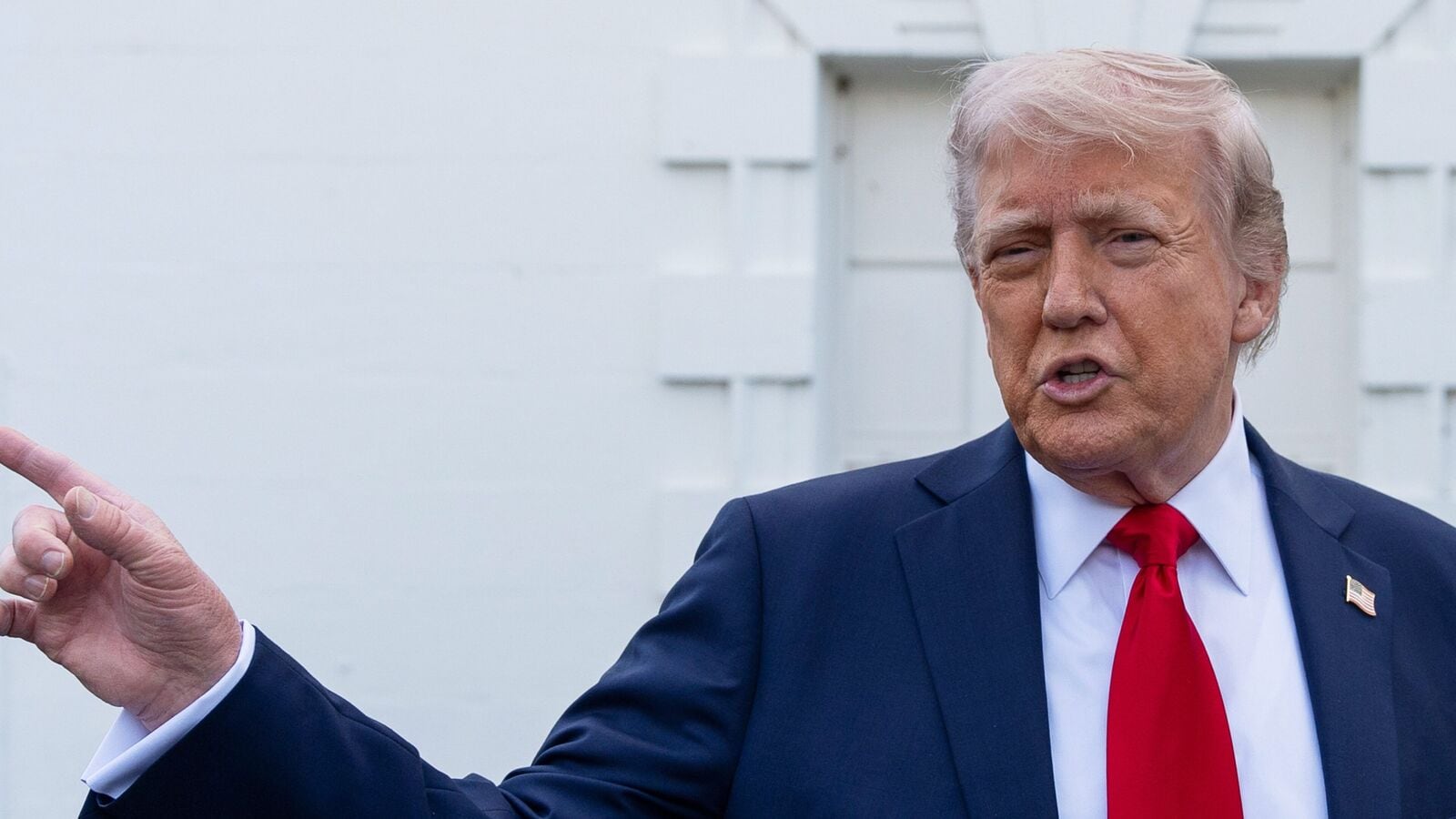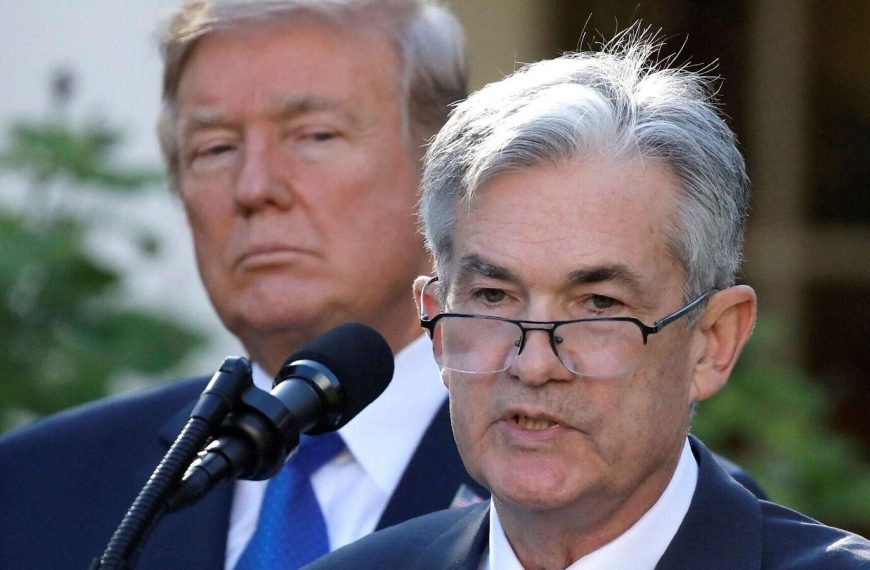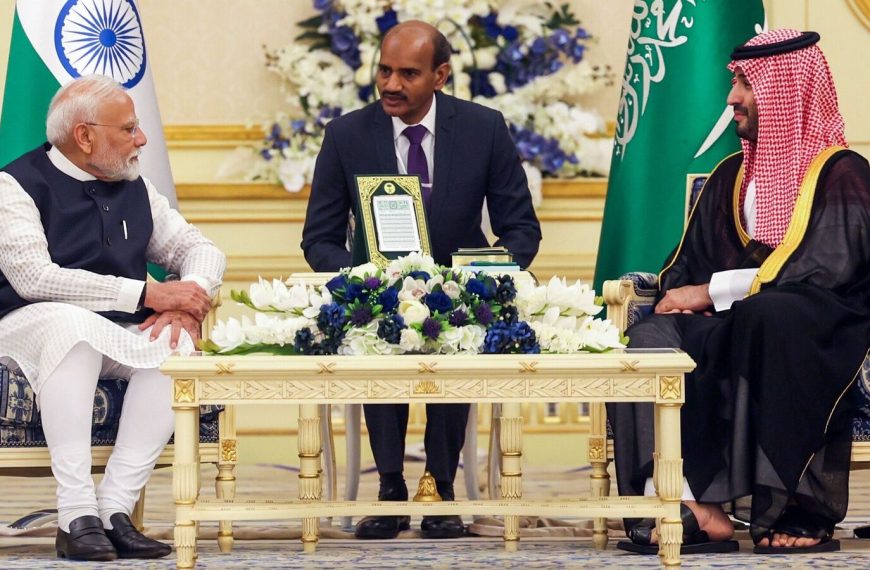In a bold move, twelve U.S. states have initiated legal proceedings against President Donald Trump over his controversial global tariffs, which they claim unlawfully circumvent Congress. Filed on Wednesday in the U.S. Court of International Trade in Manhattan, this lawsuit raises significant concerns about the president’s authority to impose such duties under an emergency economic law. The states argue that these tariffs prioritize executive whims over legitimate legislative processes, posing a direct threat to the American economy.
Legal Grounds for the Lawsuit
The core of the legal challenge centers on the assertion that Congress did not authorize President Trump to levy these tariffs. The complaint outlines how national trade policy has become increasingly reliant on the president’s unpredictable decisions rather than adhering to established legal frameworks. The plaintiffs contend that Trump’s actions have disrupted the constitutional balance of power and introduced chaos into the economic landscape.
States Involved in the Lawsuit
The states participating in this lawsuit include:
- New York
- Illinois
- Arizona
- Oregon
- Colorado
- Connecticut
- New Mexico
- Vermont
- Nevada
- Delaware
- Minnesota
- Maine
The suit seeks a judicial order to suspend the tariffs, including those temporarily paused on April 9, emphasizing the additional tax burden these tariffs impose on U.S. consumers.
Context of Similar Legal Actions
This lawsuit follows a series of other legal challenges aimed at Trump’s tariffs, including actions from California, small businesses, and members of the Blackfeet Nation tribe in Montana. New York Attorney General Letitia James highlighted the gravity of the situation, stating, “The president does not have the power to raise taxes on a whim, but that’s exactly what President Trump has been doing with these tariffs.” She further criticized the administration’s failure to fulfill promises of reducing costs for American families.
The Emergency Powers Debate
At the heart of the lawsuit is Trump’s invocation of the International Emergency Economic Powers Act, which the complaint claims was misused for imposing what they describe as the most damaging tariffs. The states argue that this law, enacted over fifty years ago, was designed to prevent presidential overreach in emergencies and should only be activated in the face of "an unusual and extraordinary threat." They contend that trade deficits, as cited by Trump, do not qualify under this definition.
White House Response
In response to the lawsuit, a White House spokesperson condemned the legal action, accusing Democratic leaders of "prioritizing a witch hunt against President Trump over protecting the safety and wellbeing of their constituents." The statement emphasized the administration’s commitment to leveraging its legal powers to address pressing national emergencies, including illegal immigration and the growing U.S. trade deficit.
This unfolding legal battle highlights the ongoing tensions between state and federal powers, as well as the contentious nature of trade policy in today’s political climate. The outcome could set a significant precedent regarding presidential authority and economic governance in the United States.











